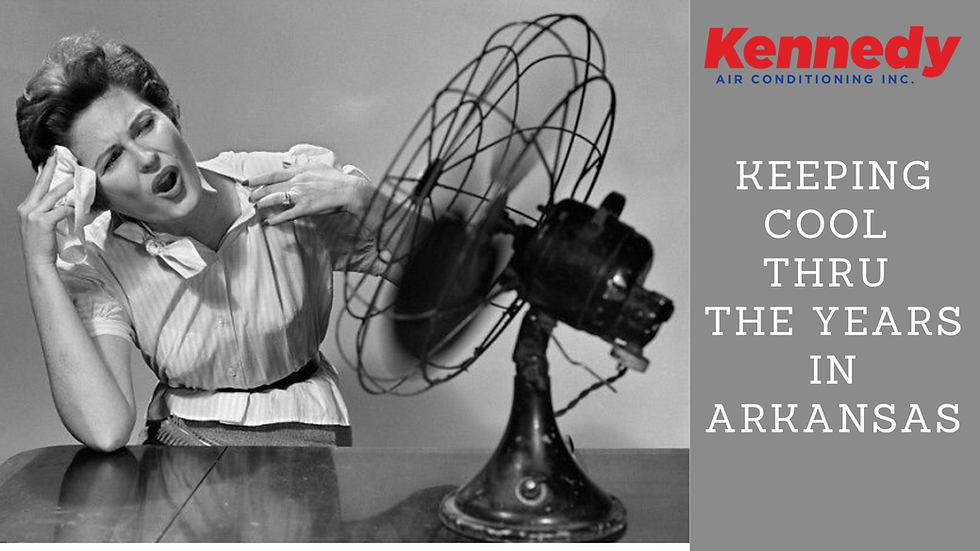Gas vs. Electric Heating
- Kennedy Air Conditioning
- Mar 6, 2020
- 2 min read

Gas or electric heating? A combination of both? Which is the best way to keep your home warm during the winter without burning up your bank account?
Some homes are able to maintain a comfortable temperature while requiring relatively low energy consumption. Other homes require more energy to become evenly heated during the colder months.
Some older homes may have gas heating systems that are still safe, work well, and are inexpensive to operate if the cost of gas is low. Other, newer homes may use electric heating systems that are sufficient to keep the home warm.
Whether the system is gas or electric, heat transfer is the more efficient way to heat a home. Heating strips, space heaters, and electric furnaces are some common examples of heat “creators” that use more energy to generate heat from the surrounding air. While these heat-creating devices may be handy, convenient, and effective, especially for smaller rooms, operating them long-term will most likely end up being more costly than a heat transfer system. A heat transfer system involves using a flowing gas or liquid refrigerant to transfer heat generated from the device to the surrounding air.
Many homes use furnaces to stay warm, which can be either gas or electric. The choice often depends on the availability and cost of gas and/or electricity in the area.
In general, an electric furnace is cheaper and easier to install than a gas furnace but will cost more to operate in the long run. The pros of an electric furnace are usually quick installation, higher durability, lower maintenance, less noise, and the fact that they don’t rely on a gas source. In some parts of the country, a simple electric furnace is all that is needed to keep a home warm during the winter. However, a downside to the electric furnace is that it operates to create heat by pulling in surrounding air, which ends up using more energy than a device that transfers heat. In larger homes, electric furnaces may require significantly more energy over time to evenly warm the home.
Gas furnaces also have advantages. If your home already has a natural gas line, it is usually relatively inexpensive to keep a furnace running for the colder months, depending on the cost of the resource in your area. Gas furnaces generally heat rooms much faster than electric ones while consuming less energy overall to achieve the desired temperature. Gas furnaces can also be used in conjunction with electric heating components, such as an electric pump, to evenly and efficiently heat a home. On the other hand, gas furnaces cost more to install and may be impractical if your home doesn’t already have natural gas piped in. Gas appliances can also leak carbon monoxide, so it is crucial that households with
gas furnaces have functioning detectors that warn homeowners if carbon monoxide in the home is rising to dangerous levels.
For most homeowners, the choice in gas or electric home heating comes down to availability, practicality, and cost, in addition to regional climate and environmental factors. Options will also depend on the age, size, and layout of your home. The decision will ultimately be based on what heating system works best to meet your home’s specific heating needs. For a free consult and quote, give Kennedy AC a call at 501-834-2665!




Comments